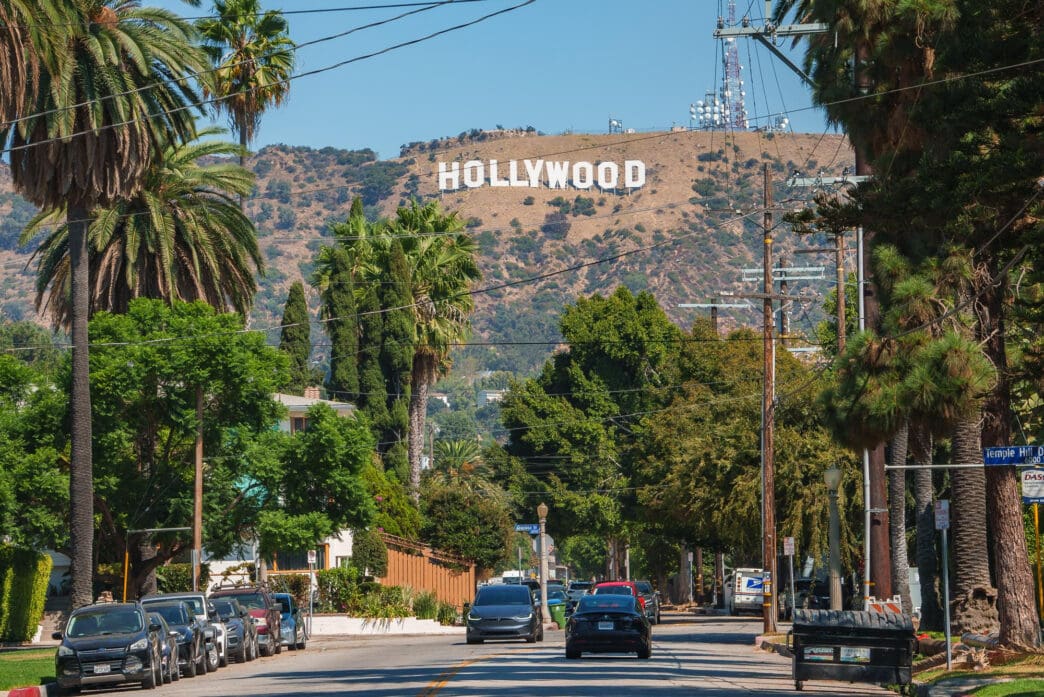Executive Summary
The Story So Far
Why This Matters
Who Thinks What?
President Donald Trump announced on Monday his intention to impose a 100% tariff on “any and all movies that are made outside of the United States.” The announcement, made via a Truth Social post, did not specify a timeline or method for enacting the measure, which would represent a significant shift by targeting a service rather than a raw good.
Policy Details and Rationale
Trump’s rationale for the proposed tariff centers on the argument that other countries offer tax incentives that draw filmmakers abroad, negatively impacting the domestic film industry, particularly in states like California. This is not the first time President Trump has floated such a proposal; he initially threatened a 100% tariff on foreign-produced movies in May.
Despite Trump’s claims regarding California, the state itself has implemented numerous tax incentives to attract and retain film productions, a practice also common in other American cities.
Industry Reaction and Market Impact
The initial threat in May caught Hollywood by surprise. An industry insider, speaking to CNN at the time, described the potential tariff as “shocking” and capable of halting production, though they questioned the President’s jurisdiction and the complexity of enforcement. Jay Sures, vice chairman of United Talent Agency, noted in May that studios often find it more cost-effective to film overseas due to lower labor costs and better rebates.
Following Trump’s latest post on Monday morning, shares of Netflix (NFLX) opened down 1%. Conversely, other companies with ties to the movie industry, including AMC (AMC) and The Walt Disney Company (DIS), saw their shares open higher.
Looking Ahead
The proposed 100% tariff on foreign-made movies signals a potential expansion of trade protectionism into the services sector. The lack of specific implementation details leaves the industry and markets awaiting further clarification on how such a policy could be enacted and its broader economic ramifications.








